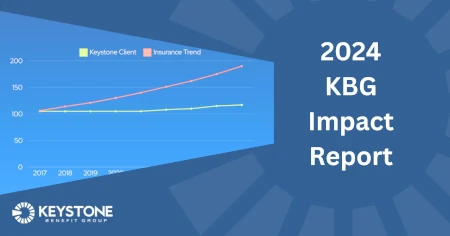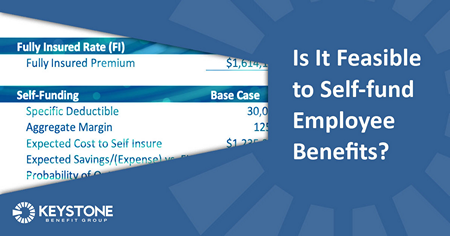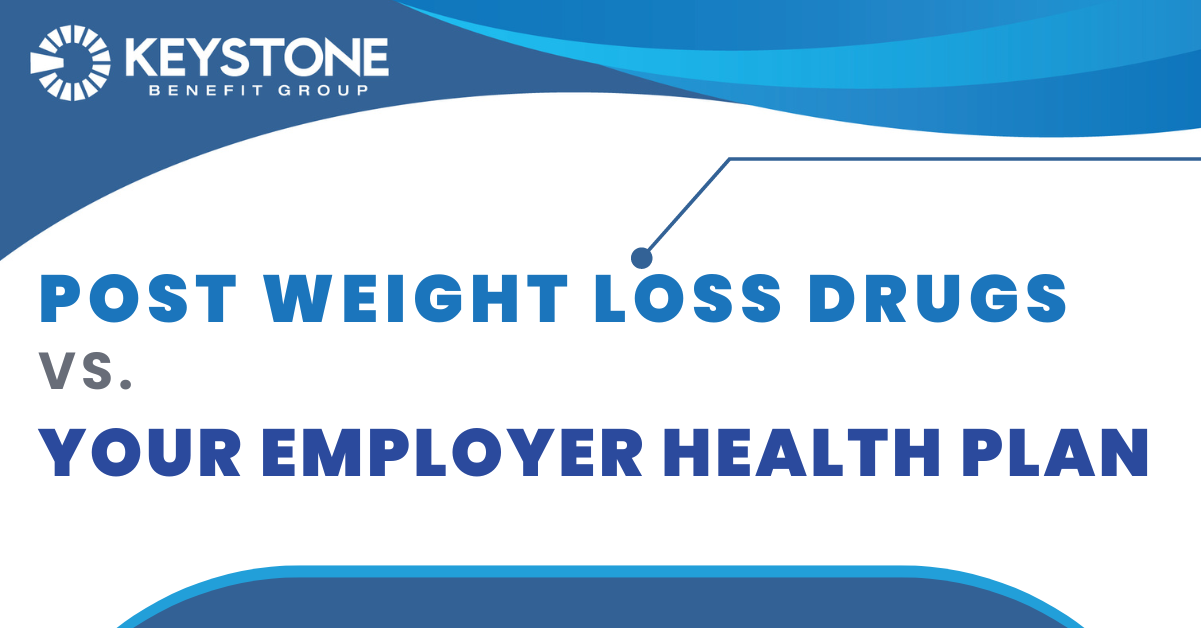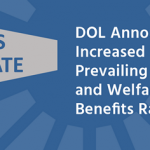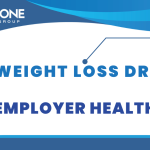Is Your Benefit Program Recession Ready?
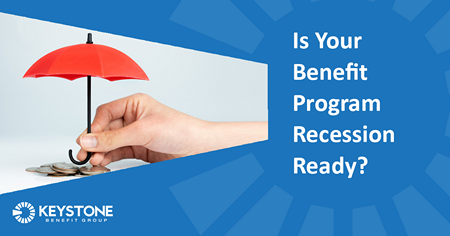 Everyone is talking about it… The U.S. is likely headed towards or already in a recession. Did you know a recession is typically defined as two quarters in a row where the U.S. economy contracts? (The economy shrunk by 0.9% in Q2). The real question is, where will it fall on the scale from mild to severe?
Everyone is talking about it… The U.S. is likely headed towards or already in a recession. Did you know a recession is typically defined as two quarters in a row where the U.S. economy contracts? (The economy shrunk by 0.9% in Q2). The real question is, where will it fall on the scale from mild to severe?
What does a recession have to do with your benefit program?
During recessions, consumers reduce their spending and set different priorities. One of the byproducts of a recession is a decrease in health spending as people choose to spend less on healthcare or delay elective procedures. This could be bad if employees put off taking care of an illnesses or stop getting their annual exams and preventive screenings due to money concerns.
For an optimal outcome, employers should be self-funding their health insurance programs and to a lesser extent their dental plans as soon as it makes financial sense. This allows employers to only pay for the care their employees and their families are actually using. The goal of your health plan is to provide a valuable benefit to your employees and their families (not to make the insurance companies rich). UnitedHealth Group had record revenues of $9 billion in the second quarter of 2022, yikes!
Recession ready strategies for your companies benefit programs:
- Conduct a Self-Funded feasibility analysis and transition to a self-funded insurance program as soon as it makes financial sense. There are plenty of programs for smaller employers that provide them the benefits of self-insuring but limit the large fluctuations in claims funding.
- Ensure your plan design encourages employees to see primary care providers and seek care for chronic conditions early. Care provided early is significantly less costly and can help avoid an ER visit or hospital stay.
- Educate employees on the importance of having a primary care provider and getting their preventive screenings. Don’t assume that everyone knows the importance of preventive care through annual exams. You would be surprised how many people don’t get essential care that doesn’t cost anything or has very little expense.
Economic changes and concerns over recessions often provide the spark we need to make changes to our businesses. Take the time now to evaluate your programs and make sure you’re ready for both the good times and bad.

